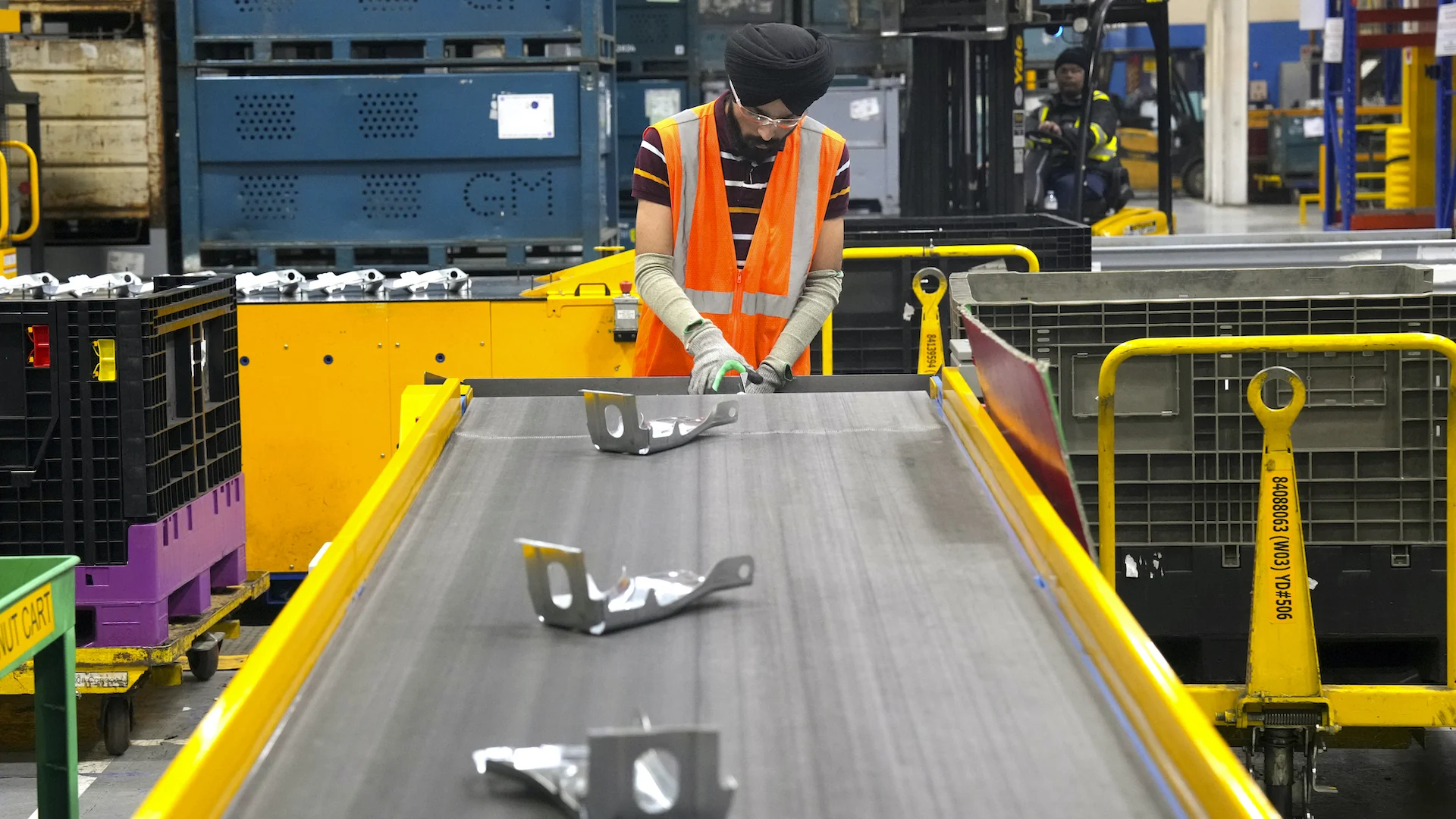Burning bio-oil to heat homes more sustainably – Information Centre – Research & Innovation

© arrow #235592411 resource:inventory.adobe.com 2020
The vast greater part of houses in Europe are heated by all-natural gasoline or oil. Switching to different, sustainable fuels these kinds of as bio-oil made from farm and forestry squander would substantially cut down greenhouse gasoline emissions and assistance to battle world wide warming.
In Germany alone, it has been calculated that altering just 10 {ae9868201ea352e02dded42c9f03788806ac4deebecf3e725332939dc9b357ad} of the countrys outdated-fashioned boilers to run on bio-oil could cut carbon dioxide (CO2) emissions by all over five.five million tonnes for every yr.
The target of the EU-funded RESIDUE2HEAT venture was to create a handy liquid gasoline from a extensive assortment of squander biomass, which could be utilised in little-scale boilers to supply inexpensive, much more sustainable household heating.
The scientists took a two-stage technique. To start with, they searched for methods to increase liquid biofuel produced by using a procedure recognized as quickly pyrolysis. The problem with this sort of gasoline recognized as quickly pyrolysis bio-oil (FPBO) is that even the most state-of-the-art household heating methods are unable to take care of its inconsistent qualities. Therefore, the venture staff worked to create a standardised solution, no matter of the uncooked elements utilised to make it.
RESIDUE2HEAT then looked into adapting household boilers to render them able of burning this gasoline.
Our novel FPBO-fuelled boiler fulfills most operational and environmental requires in the genuine meant setting, explains venture coordinator Herbert Pfeifer of RWTH Aachen College in Germany and scientific head of the OWI Oel-Waerme-Institut gGmbH, affiliated to the college. And an environmental influence evaluation has verified the beneficial impacts of FPBO heating when compared to fossil solutions, especially when it will come to lessening greenhouse gasoline emissions (80-94 {ae9868201ea352e02dded42c9f03788806ac4deebecf3e725332939dc9b357ad}).
Redesigning heating for houses
Making use of the quickly pyrolysis procedure, squander biomass these kinds of as wheat straw, forest resides, bark, elephant grass and clean up wooden can be transformed into bio-oil. Commencing by modelling how FPBO breaks down and burns, the RESIDUE2HEAT staff then utilised the ensuing info to tailor the gasoline to accommodate household heating.
By ensuring consistency in the fuels chemical qualities, these kinds of as drinking water written content, they succeeded in bettering its balance and high-quality.
Upcoming, they looked at adapting and optimising present household heating methods to empower the use of FPBO. A sophisticated procedure, this needed the redesign and manufacture of suitable burner factors to optimise the burning of this gasoline.
Typical factors utilised in heating methods, these kinds of as pumps and gasoline nozzles, have been analyzed for their FPBO compatibility. Given that so very little was recognized about FPBO combustion, RESIDUE2HEAT scientists analyzed the fuels behaviour in laboratory-scale burners just before scaling up the procedure.
Swap to biomass
The staff has also concluded a phase-by-phase roll-out prepare for the use of FBPO in household heating, interviewing gasoline, oil, and pellet heating technique entrepreneurs to make certain a beneficial general public acceptance. Importantly, they have demonstrated that the concept is charge-competitive with existing fossil fuels without having the need to have for incentives, making it economically feasible.
Ashes recovered from the FPBO creation procedure have good possible for giving soil vitamins and minerals and could thus be recycled for agricultural applications, provides Pfeifer.
The staff anticipate that their approaches for building substantial-high-quality FPBO will offer a head begin to other analysis programmes, these kinds of as the EU-funded SmartCHP venture, which aims to produce little-scale units for making warmth and electricity from biomass.







